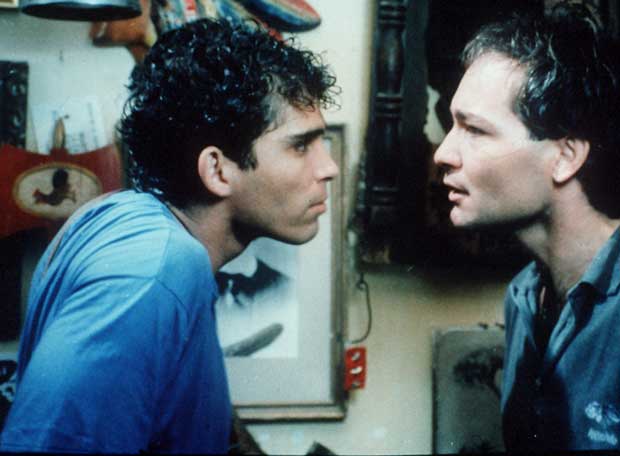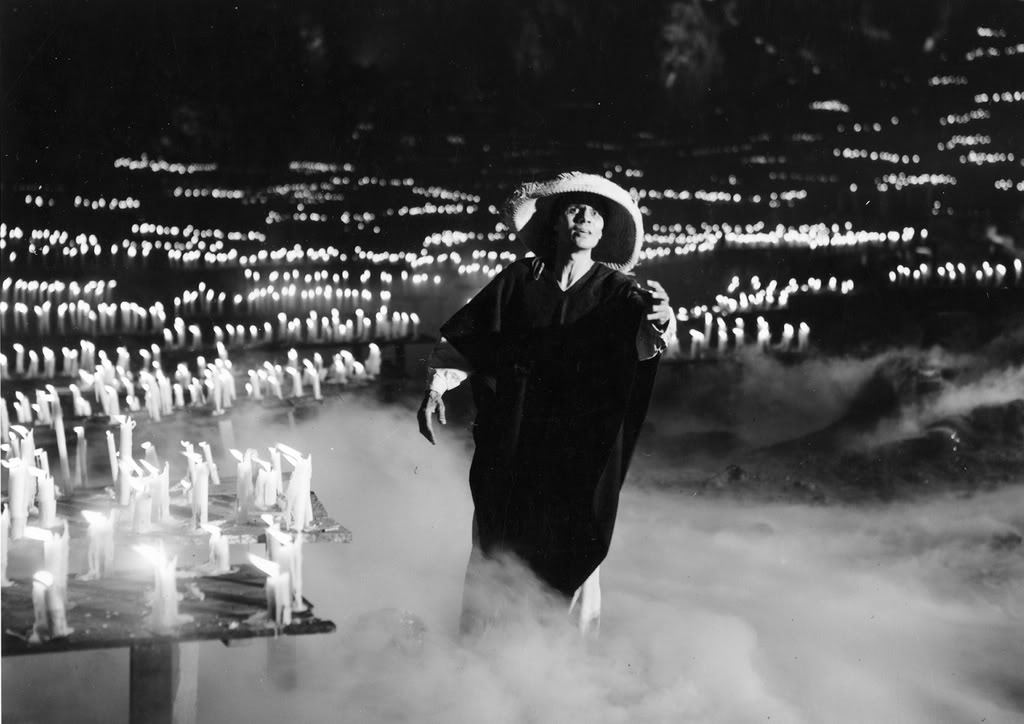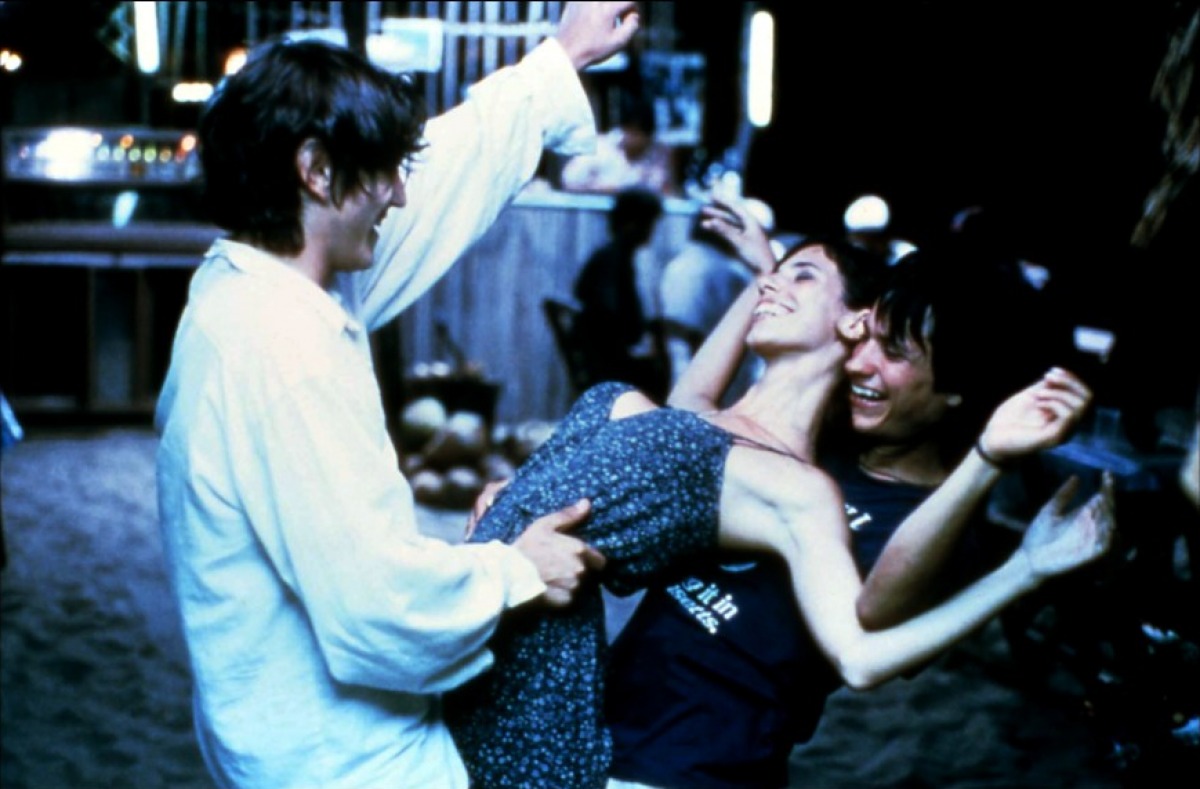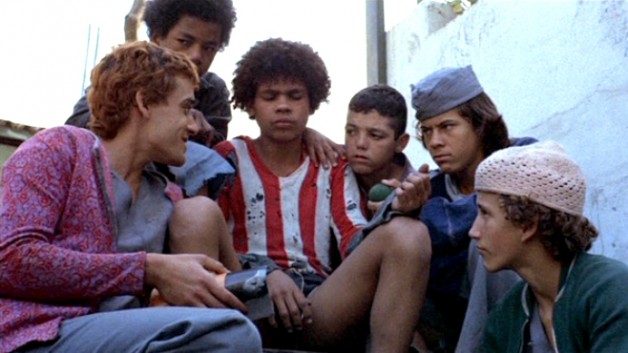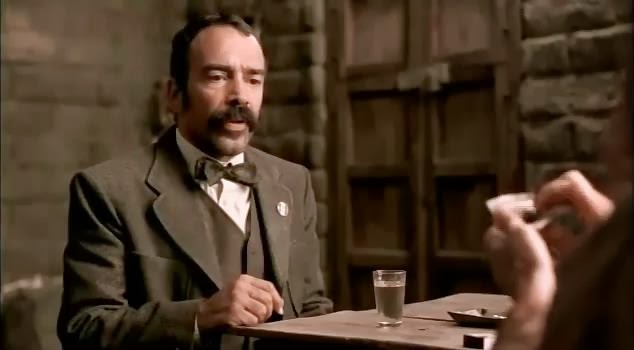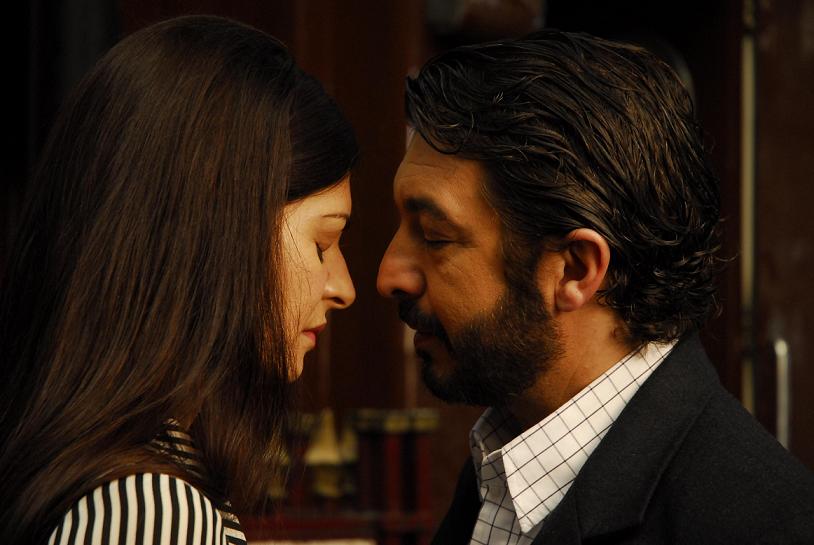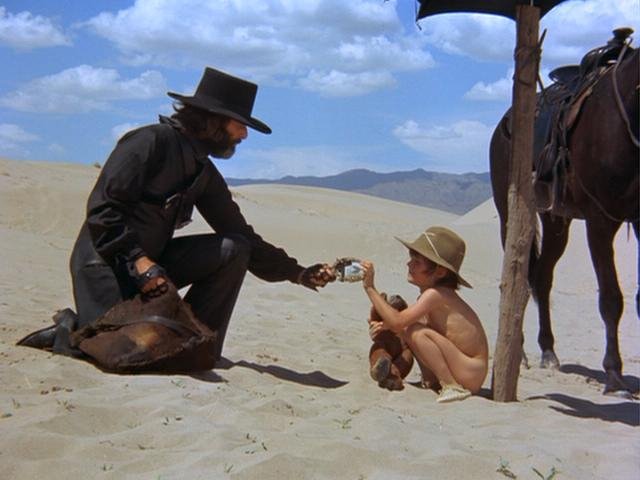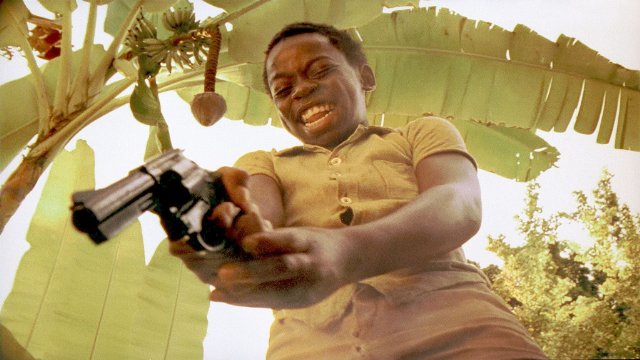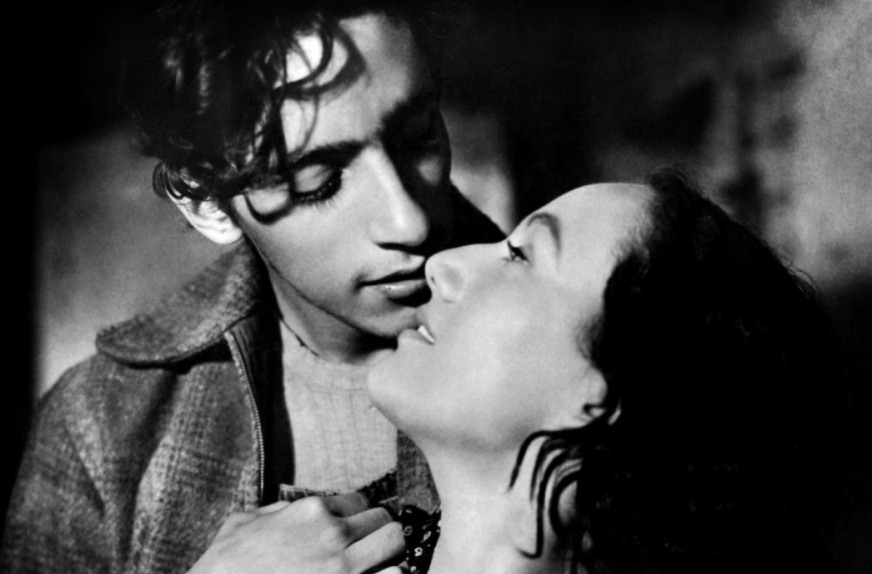10. Strawberry and Chocolate (Cuba: Fresa y chocolate)
Homosexuality has always been a taboo topic in Latin America, so this cuban gem is especially important for how sincere and authentic it is. It is the story of a young homosexual intellectual who falls in love with a heterosexual communist filled with prejudice and indoctrinated ideas. It won a Special Jury Prize in Canne and was nominated for the Best Foreign Language Film Oscar.
9. Macario (México)
Macario is basedon a novel based on a Brothers Grimm story. It’s a classic Mexican film, often criticized for trying too hard to relate to Hollywood productions. About the relationship between poor peasant, Macario, and Death, the film was nominated for the Oscar for Best Foreign Language Film.
8. Death of a Bureaucrat (Cuba: Muerte de un burócrata)
A stupendous satire made after the Cuban revolution, Death of a Bureaucrat was the poetic vengeance of the writer and director against the post-revolutionary bureaucracy. A Cuban worker dies and is buried with his union card, item needed by his widows to get her pension. Their nephew then had to start a fight against the bureaucrats to get the card.
7. And Your Mother Too (México: Y tu mamá también)
Often cited as one of the best films of the first decade of the new millennium, And Your Mother Too represented the return of Alfonso Cuarón to México after two films in Hollywood. It’s the story of two teenage boys who embark on a road trip with an attractive older woman, and what they learn along the way. It won the award for best screenplay in the Venice Film Festival and was nominated for the Best Original Screenplay Oscar.
6. Pixote (Brazil)
Pixote shook a few people when it came out, a raw and powerful portrayal of poor youth in Brazil. It’s the story of Pixote, a 10-year-old boy used by gangs for mugging and drug transport, who is caught by the police and sent into a juvenile reformatory. Filmmakers like Spike Lee and Harmony Korine have cited it as one of their favorite films, and Roger Ebert considered it a classic.
5. Herod’s Law (México: La Ley de Herodes)
One of the very best satires ever made anywhere, Herod’s Law concerns a mild mannered, mediocre politician in charge of a dumpster, who is made the mayor of a small town after the previous mayor is decapitated. He arrives with good intentions, but slowly falls into corruption with great help from the few local leaders, and embodies the corruption and violence that reigned in México during the long decades in which the supposedly moderate PRI remained in power.
A year and one month after the release of the film in the Acapulco Film Festival in México, Vicente Fox Quesada assumed power as the first president in 71 years that didn’t come from PRI.
4. The secret in Their Eyes (Argentina: El secreto de susojos)
Based on the novel “The Question in Their Eyes”, the film is about a retired legal counselor who starts writing a novel looking for closure on the cases that he never managed to crack and love he never managed to get back. It won the Best Foreign Language Film Oscar, making Argentina the first Latin American country to win the prize twice. It was a critical and financial success.
3. El topo (México)
Alejandro Jodorowsky is not as unknown a name as others on this list. The master of cult films made perhaps his greatest film while he lived in México in 1970. The film stars Jodorosky himself as El Topo, a gunman travelling through a desert with his son. It is a surreal and violent experience, with outbursts that have been described as “exploitative” by some. It was quite controversial when it first was released, and had it not been championed by people like John Lennon (Who later funded Jodorowsky’s next film, “The Holy Mountain”) it would probably have struggled more to find an audience. It is an undisputed cult classic.
2. City of God (Brazil: Cidade de Deus)
Many people seem to forget the hardships that a lot of people in Brazil suffer. After their economic growth and their status as a titan of Latin America was supposedly cemented, the gang problems and the favelas didn’t seem to get that much better to their inhabitants. City of God is a painfully real recreation of life in favelas (Most of the cast are actually from favelas, and some from the actual “City of God”) as seen from the eyes of two boys growing up there, and of the different paths in life they tale. Fernando Meirelles was nominated for Best Director for this movie, and it was also nominated for Adapted Screenplay, Cinematography and Editing.
1. The Young and the Damned (México: Los Olvidados)
Buñuel’s arguably greatest Mexican masterpiece is one of the bleakest and most enduring portrayals of troubled youth ever filmed. It won Buñuel the best director Award at Cannes and it has been named “Memory of the World” by the UNESCO. It’s the story of a group of juvenile delinquents in the slums of Mexico City, and how their morals slowly decay. It is a realistic and potent piece of filmmaking that stays with you long after you watch it.
Author Bio: Hector Gonzalez was born in Monterrey (with two ‘r’s), México, and one fateful afternoon he went to see Lord of the Rings: Return of the King to the theaters when he was 8 years old. He fell in love with cinema, and even though he usually gets films a few weeks late to be completely bias free (especially Oscar front runners) and his local cinemas don’t show that much arthouse, he still thinks that going to the theater and seeing a good movie is the most magical experience there is.
